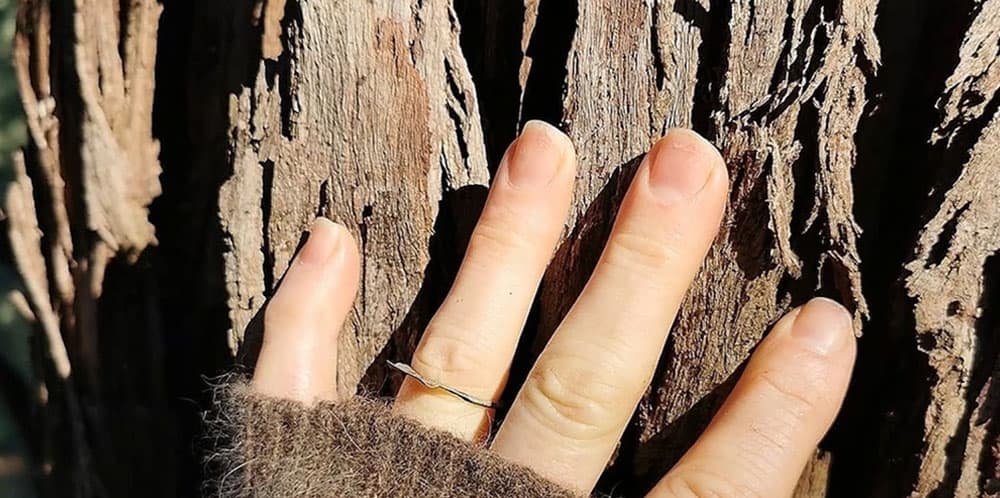
What is Forest Therapy?

Shinrin-Yoku or Forest Therapy, is a research-based practice for supporting healing and wellbeing through immersion into the atmosphere of forests and other natural environments.
Forest therapy originated in Japan in 1982 as part of a national health program designed to reduce population stress levels.
It has since been discovered that trees and other plants give off volatile essential oils called phytoncides. Phytoncides have antimicrobial, antibacterial, anti-inflammatory and anti-fungal properties. When inhaled, phytoncides may influence both our physiology and psychology.
The scientifically-proven benefits of Forest Therapy may include:
• Boosted immune system functioning
• Reduced blood pressure
• Reduced stress
• Improved mood
• Increased ability to focus, even in children with ADHD
• Accelerated recovery from surgery or illness
• Increased energy level
• Improved sleep
One Japanese study showed an increase in the number and activity of immune cells called natural killer cells, which among other things, fight cancer cells.
Just as impressive are the results that we can experience by making forest bathing a regular practice:
• Deeper and clearer intuition
• Increased flow of energy
• Increased capacity to communicate with the land and its species
• Increased flow of eros/life force
• Deepening of friendships
• Overall increase in sense of happiness
Some research suggests that exposure to these natural tree oils helps lower blood pressure, lift depression, reduce anxiety and even enhance the quality of sleep.
Forest Therapy relies on trained guides, who set a deliberately slow pace and invite people to experience the pleasures of nature through all of their senses.
It encourages people to be present in the body, enjoying the sensation of being alive and deriving profound benefits from the relationship between ourselves and the rest of the natural world.